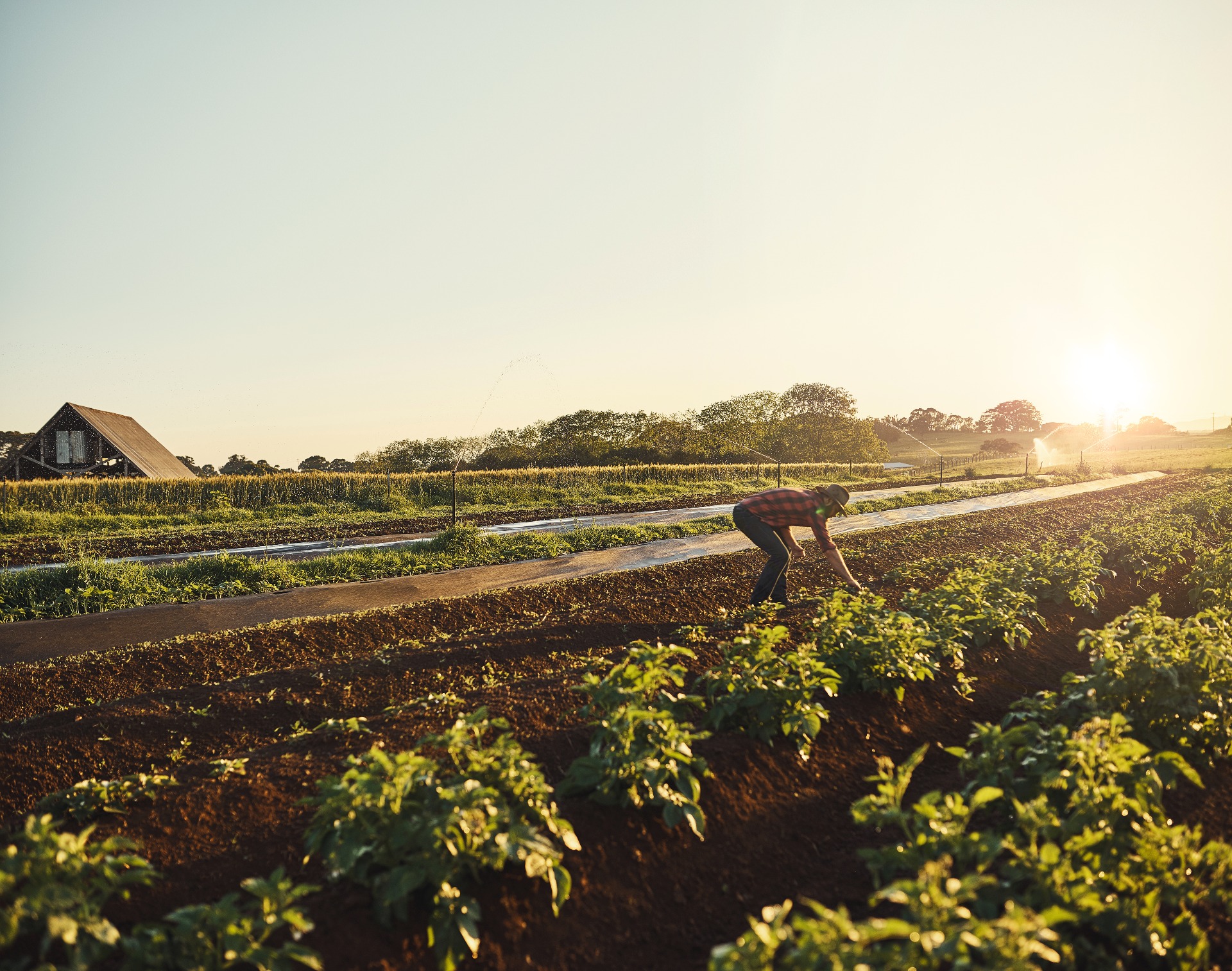Ginger, Beer & Mushroom Pasta
Ma Nourriture
Beer? You ask. Well, it was a lovely, sunny Sunday in the couple of days that England calls summer. When you're South African and have a chance to to braai (barbeque), you have to do it right and that means beer. Alas, when the violent burping started midway through my craft beer, interfering with my ability to tend the braai, I knew it was time to part ways and switch to soothing white wine.
Being ruthlessly unwilling to waste, the craft beer was clearly destined for my next recipe. I know that bacon fried in beer is absolutely delicious so I figured mushrooms should be too, right? Well I gave it a go with some ginger just because it was there, next to the stove. Wow. I love simple but exquisite tastes and this hits the spot.
Leeks provide a saucy texture as a replacement for onions (they're a less problematic cousin in the alium family). I skipped flour or milk thickeners because I wanted the mushroom sauce to be a thin and light coating over the pasta. The addition of parmesan gives it a subtle creamy and nourishing flavour. End result: light yet comforting.
Ingredients
Look out for: ♡ swaps we love ! potential sensitivities 🅥 vegan alternatives

478 cal/serving
Calcium
Vitamin A, B, C & K2
Folate, magnesium & zinc
Serves 2
! Garlic cloves Learn about garlic >
3
♡ Leek chopped Learn about leeks >
1/2
Grass-fed butter, melted
(47.8g) 50ml
Beer (any kind)
1 cup 250ml
Mushrooms portobello
(250g) 480ml
Fresh ginger thinly cut into strips
10cm
! Tomato puree
1 1/2 tbsp (21.4g) 22.5ml
Agave
1 tbsp 15ml
! Pasta
1 cup 250ml
Parmesan grated
1/2 cup 125ml
Spices:
coriander spice
ginger spice
curry spice
salt & pepper
oregano
1 tsp 5ml
1 tsp 5ml
1 tsp 5ml
1 tsp 5ml
1 tsp 5ml
Swapsies
! Garlic is a high FODMAP food. I don't react to it, but if you're not sure what you're reacting to, garlic and onions are well-known offenders. You can still use garlic infused olive oil, but replace the fresh garlic with chives and/or mustard seeds.
♡ I swapped onions for leeks, which I'm less intolerant to. If you're sensitive to the whole allium family (onions, leek and garlic), skip them altogether.
! I use tomato puree instead of fresh tomatoes. Although they are not high FODMAP foods, they do contain fructans and are acidic so some sensitive foodies, like bestie and I, react to them. We find we don't react to puree.
♡ Use buckwheat noodles (gluten-free) or wholewheat pasta if you're sensitive to white, or for nutrients and fiber as white has none.
Method

First
THE SAUCE
Butterfry
- Crush the garlic in a mortar & pestle.
- Add garlic, chopped leek and butter to a pot. Fry for 2 min until browning.
- Add the spices and a bit of beer to cover. Simmer and stir for another 2 min.
- Add the mushrooms, ginger and tomato puree. Stir well.
Add the rest of the beer and the agave. Simmer and stir until the mushrooms are cooked (+- 10min).

Then
THE PASTA
- If you're using dry pasta, wash it thoroughly (2/3 times) before boiling.
- Bring a pot of water (2.5 cups) to the boil before putting the pasta in.
- Boil for 8-13 min.
I like mine al dente which is 8 min.
If you're using fresh pasta it doesn't need to be washed and it takes just 3-5 min to boil (3 min for al dente).


Finally
ALL TOGETHER NOW
- Stir parmesan into the warm mushroom sauce.
- Add the pasta and mix well.
- Sprinkle oregano over the top and its ready!
Best served warm.
La joie!

For the love of:
GRASS-FED
- Grass contains nutrients, vitamins, minerals, antioxidants and fatty acids that are good for humans.
- We benefit from these when we consume dairy products from grass-fed animals.
- Dairy animals evolved to eat mostly grass. A diet of high-starch grains causes digestive stress and illness.
Salad please. Pasteur-based farming is healthier for livestock, the environment and us.
GARLIC
- Helps maintain blood pressure and cholesterol levels, and protects against heart disease
- Strengthens the immune system, encourages good gut bacteria
- Contains antioxidants that prevent cell damage and may have anti-ageing properties
- Protects joint cartilage reducing risks of osteoarthritis






